
Optimizing FDA 483 responses with strategic CAPA creates resilient quality compliance in biopharma manufacturing.

Optimizing FDA 483 responses with strategic CAPA creates resilient quality compliance in biopharma manufacturing.

Automated facility upgrades for cell therapy enhance quality assurance, ensure regulatory compliance, and boost operational efficiency by minimizing manual risks.

Strategic AI integration in bio/pharma manufacturing enhances GxP compliance, quality, and operational efficiency through robust governance and risk management.

Aaron Cowley, Recipharm Advanced Bio; Renee Hart, LumaCyte; and Vibha Jawa, EpiVax, go behind the headlines to delve deeper into recent market deals driven by Big Pharma patent cliffs and the complex manufacturing of ATMPs.

Telix will now include an additional, confirmatory efficacy study analysis of existing data, hoping to satisfy FDA’s request for supplemental evidence and address concerns raised in a complete response letter.

Data integrity and quality are paramount for drug discovery, manufacturing efficiency, regulatory compliance, and patient safety.

Integra has secured €10.7 million (US$12.6 million) in funding for its FiCAT gene writing platform to enhance precise DNA integration for CAR-T engineering and rare disease therapy development.

Experts to share strategies on scale-up, process intensification, and data-driven methods shaping future stem cell manufacturing and therapies.

Allogeneic CAR-T therapies deliver scalable, off-the-shelf cancer therapy, while autologous CAR-T therapies provide patient-specific but time-intensive treatment.
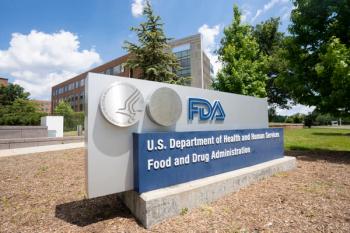
The agency says it will now publish complete response letters promptly, offering developers early insight into regulatory deficiencies to improve development planning.

The nonprofit is calling upon its community of experts in both artificial intelligence and machine learning to continue building support for responsible adoption of AI in the bio/pharmaceutical industry.
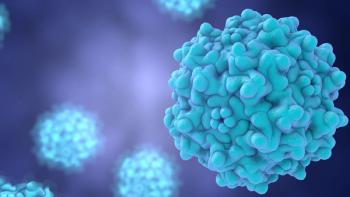
This collaboration between Andelyn Biosciences and Tern Therapeutics moves the gene therapy TTX-381 closer to approval for treating vision loss linked to CLN2 Batten disease.
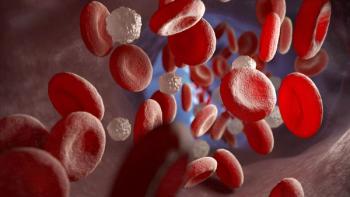
FDA’s fast track designation may speed VMX-C001’s application review, addressing urgent surgery needs in patients on Factor Xa anticoagulants.

The partnership, which has received £118 million (US$158 million) in research funding, aims to establish a better understanding not only of how the body fights infection, but also how vaccines protect it.
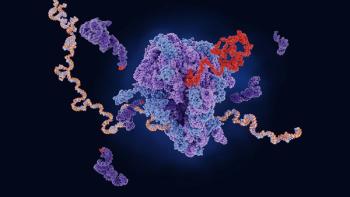
A joint venture between the two entities will integrate mRNA synthesis, LNP formulation, and clinical testing to speed therapies from plasmid design to first-in-human trials.

Aptamer will create Optimer binders for Invizius’ H-Guard technology to enhance complement-targeting therapies for safer, more precise treatments for immune disorders.

The growing cell and gene therapy (CGT) market is driving demand for innovative, robust diagnostics to meet scaling, regulatory, and quality needs.
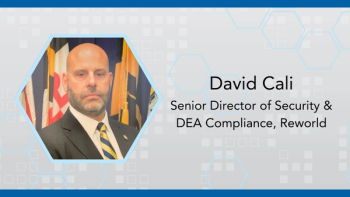
Pharma manufacturers must securely destroy expired or off-spec drugs to meet DEA standards, avoid compliance risks, and protect public safety.

The partnership expands patient access in MENA by localizing biosimilar manufacturing and distribution for gastro, neuro, and dermatology treatments.

The authors examine common FDA 483 findings and outline strategies to address and prevent regulatory non-compliance.

The acquisition expands tubular glass vial and ampoule capacity, expanding ready-to-use glass packaging capabilities in Europe.
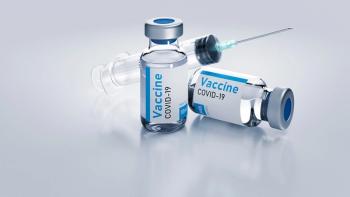
Moderna’s updated Spikevax and mNEXSPIKE COVID-19 vaccines target the LP.8.1 variant of SARS-CoV-2 for high-risk groups and older adults.
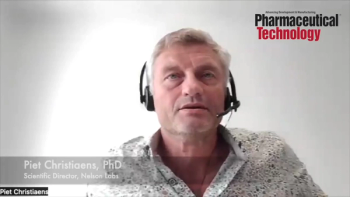
In this episode of the Ask the Expert video series, Susan J. Schniepp, distinguished fellow at Regulatory Compliance Associates, talks to Piet Christiaens, PhD, scientific director, E&L expert at Nelson Labs, and Dennis Jenke, PhD, principal consultant for Nelson Labs and chief executive scientist, Triad Scientific Solutions, about extractables and leachables and the testing required for each.

Circular RNA offers enhanced stability and protein expression, making it an intriguing next-generation alternative to mRNA.
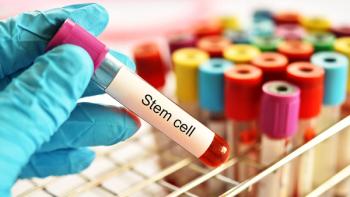
EC clears ExCellThera’s Zemcelpro, a cord blood–based stem cell therapy that offers transplant access to blood cancer patients lacking suitable donors.

Continued process verification ensures pharmaceutical manufacturing stays in control through data analysis, trend detection, and lifecycle monitoring.
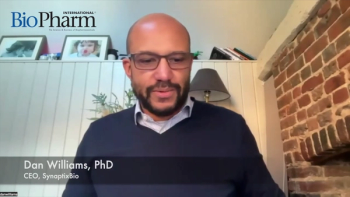
SynaptixBio CEO Dan Williams notes how rare-disease drug development is advancing on the back of FDA incentives, priority review vouchers, and a growing recognition of unmet needs.

Eli Lilly and Company developed an innovative and sustainable approach to audit trail review (ATR) aimed at reducing the ATR burden while adhering to regulatory expectations and data integrity (DI) principles. The process has transformed employees' understanding of ATR and complemented the DI by design approach, leading to better system designs that meet expected controls and reduce non-value-added data reviews.

Benjamin McLeod and Sebastian Lykke Skafte Andersen go behind the headlines to examine the motivations behind recent M&A activity, tariff responses, and more.

In partnership with AstraZeneca, the company previously announced approval by FDA in January 2025 for the same indications.